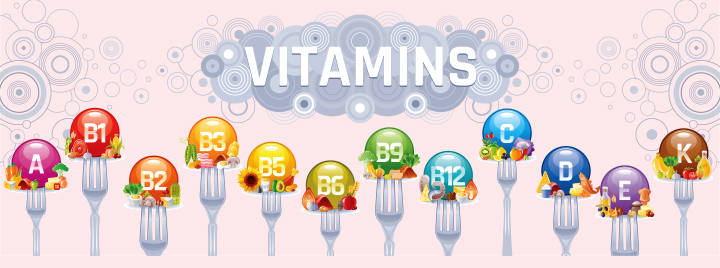
Image: Shutterstock
There’s no denying that breastfeeding is extremely important for babies. Not only does breastmilk supply the infant with the nutrients that they need, they also have important antibodies and are easy to digest. This is why all healthcare professionals advise that moms breastfeed their little one’s until they reach 6 months old at the very least. But what exactly is breast milk made up of and can mothers alter the nutrient levels of their breastmilk by watching what they consume? This is usually a taboo topic as most people feel like the pressure to eat healthy in order to boost nutrients will lead moms to give up on exclusively breastfeeding their babies earlier than they intended. But mothers have a right to be made aware of what nutrients can get passed down to their baby through breastfeeding and how easily they can add to them through diet alone. Let’s take a look at if boosting nutrient levels in breastmilk is possible.
What Are The Nutrients That Get Passed Down From The Mother’s Body To Breastmilk?
It’s important to recognize that a mother’s breast milk contains essential nutrients even if her own diet lacks nutritional value. This is nature’s way of ensuring that the baby receives the fundamental nutrients necessary for growth and development. However, it also means that the mother’s body may become depleted of these nutrients if they are not regularly replenished. For instance, during breastfeeding, a mother can lose approximately 3 to 5 percent of her bone mass, likely due to calcium being drawn for the baby’s needs (1). Additionally, nutrients like folate, zinc, copper, and iron are continuously passed on to the baby from the mother’s reserves, regardless of her diet. Consequently, some mothers may experience zinc or iron deficiency after breastfeeding. To prevent the effects of postpartum nutrient depletion, it is crucial for the mother to maintain a healthy and well-balanced diet consistently.
What Are The Nutrients That Get Passed Down From Mother’s Diet To Breastmilk?
This is where the real mystery lies as this is what determines if a mother’s diet has any effect on the nutrients in her breast milk.
1. Fats
Image: Shutterstock
Among these nutrients, fats are the most crucial. Although the overall fat content in breast milk doesn’t vary significantly, the type of fat, whether healthy or unhealthy, can change based on the mother’s diet. Numerous studies indicate that consuming healthy fats can lead to an increase in the quantity of these beneficial fats in breast milk within hours of consumption (2).
2. Vitamin B Complex
Image: Shutterstock
Another group of nutrients affected by the mother’s diet and intake includes thiamin, riboflavin, vitamin B-6, B-12, and choline. These nutrients are essential for the baby’s growth. Research has demonstrated that supplementing these nutrients during lactation can rapidly increase their concentrations in breast milk (3). However, a study found that supplementing B-12 for two whole months did not significantly increase its concentration in the breast milk of mothers who were deficient in it. To ensure that your baby receives enough B-12, it’s crucial for the mother to build up her reserves during pregnancy.
3. Vitamin A
Image: Shutterstock
The levels of Vitamin A in breast milk are influenced by the mother’s diet. Consuming foods that are rich in beta-carotene and retinol can help maintain healthy Vitamin A levels in the milk (4). It’s important to be aware that vegetarian sources of Vitamin A may not always be efficiently converted to retinol in certain individuals. Make sure you have a wholesome diet full of all the nutrients needed for a healthy body.
4. Vitamin D
Image: Shutterstock
Vitamin D plays a crucial role in the absorption of calcium and phosphorus, which are essential for your baby’s teeth and bone development. The levels of Vitamin D in breast milk are directly influenced by the mother’s intake. However, many mothers tend to be deficient in this vitamin, primarily sourced from sunlight. It’s important to note that sunbathing for a day won’t suffice. Due to limited sun exposure during the postpartum period, both mothers and babies may experience a deficiency. Consequently, pediatricians often recommend vitamin D drops for breastfed infants.
As we can see there is a great deal of influence that the diet and intake of nutrients has on the kind of breastmilk a mother produces. In order to produce breast milk packed with nutrients that are good for the baby, a mother has to be mindful of what she eats and the supplements she takes. Stay healthy and happy parenting!

















